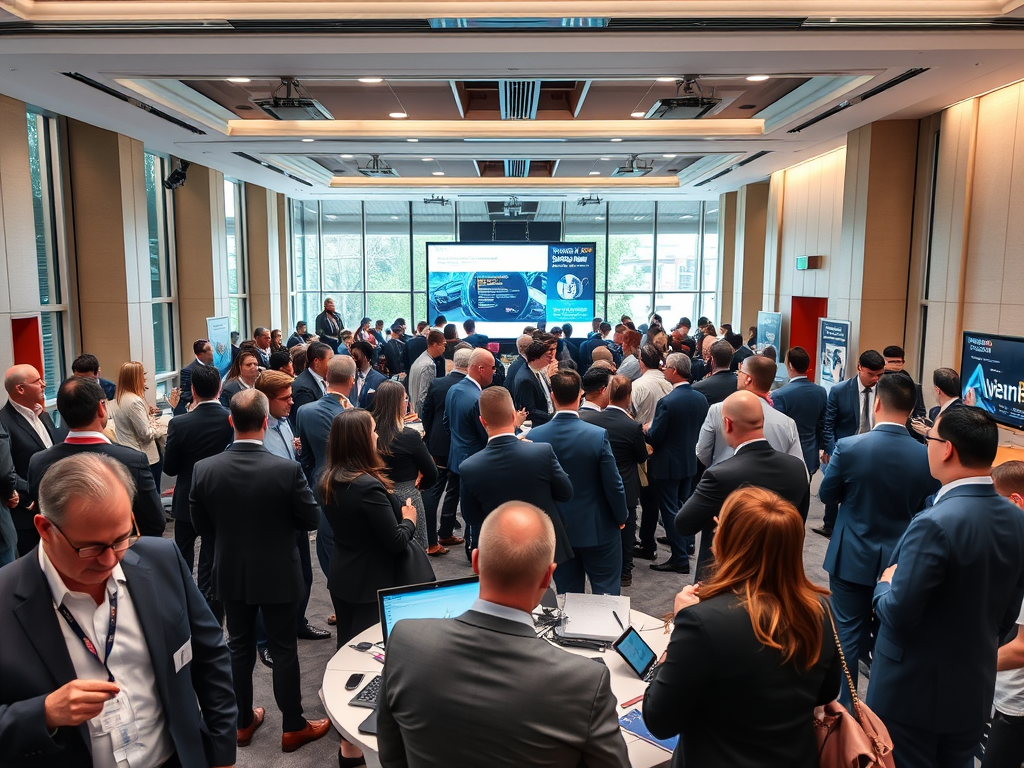
About
Bodyguards Today is the go-to blog for anyone in executive protection and security industry. Here we strip it back to basics while keeping you updated on industry trends, real-world lessons, and insider stories from hand-selected professionals in the field.
Whether you want to sharpen your skills, stay informed on the latest developments, or find new job opportunities, Bodyguards Today is where education, experience, and community come together.

Articles
Explore our Knowledge Vault, where you can access security-related resources, detailed studies, and expert opinions.

Industry News
We bring you breaking news and trends so you’re always informed on the security industry’s direction.

Training Courses
Find online courses and other educational options to support your professional growth in the security industry.
Latest Insights
-
10 Smart Swag Ideas Security Companies Should Use at Events (Not the Usual Junk)
Security events are one of the most common ways companies market their services. But they’re also expensive. And part of that investment, beyond a presentable booth, is swag. Here’s the problem: most event swag ends up in a hotel room trash can… or forgotten in a drawer. If you’re a security company, that matters. Because…
-
The 25 Types of Executive Protection Agents – AKA Bodyguards
Fun Edition – A brutally honest field guide to many of the personalities you will find on any given detail. Let’s start with a disclaimer: This is all in good fun and mostly a light-hearted educational effort (…mostly). If you see yourself in one of these, take it as a chance to laugh, learn, and…
-
Boost Your Security Website with a Free SEO Audit
A website isn’t just about flashy graphics, big promises, or a few selling words. It’s so much more than that. And while your site might look fine to you, if it’s not optimized for visibility, credibility, and conversion, you could be losing business every single day. At Mellon360° Marketing for Security, we know this industry…

Do you have an article you want to submit to us?
Do you have questions regarding your career in the security industry?
Do you want to develop further as a Security Professional?
Reach out to us today and we can work together to achieve your goals.
WHO THIS BLOG IS FOR
Bodyguards Today is written by and for security professionals, from executive protection agents and bodyguards to intelligence analysts, security instructors, and anyone working in protective services. Whether you’re new to the field or a seasoned professional, you’ll find perspectives, lessons, and conversations that reflect the real voice of our industry.
WHAT WE WRITE ABOUT
We focus on the unfiltered realities of working in security: protective intelligence, operations, training, tools of the trade, mental health, professional development, and first-hand stories from the field. The blog isn’t theory, it’s practical insights you can use and discussions that matter to professionals.
CAN ANYONE CONTRIBUTE
Absolutely. We welcome contributions from security professionals worldwide. If you have an experience, case study, or perspective you think the community can learn from, reach out through our contact page. We believe in sharing voices from across the industry, not just the glorified stories abd polished PR version, but the real-world side of security.


